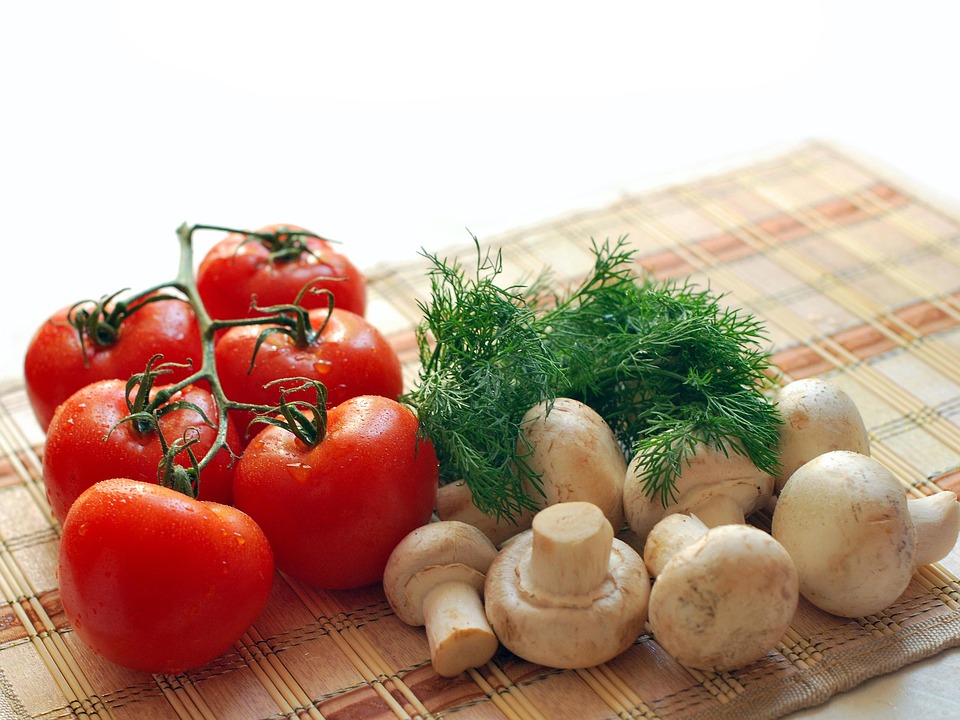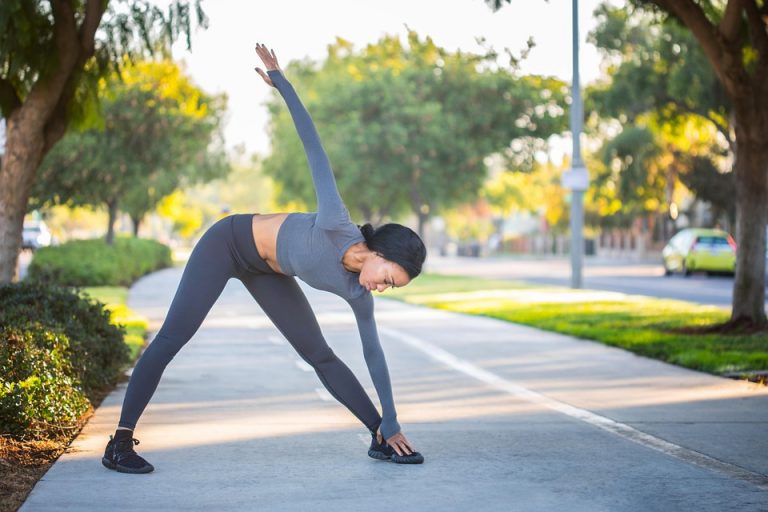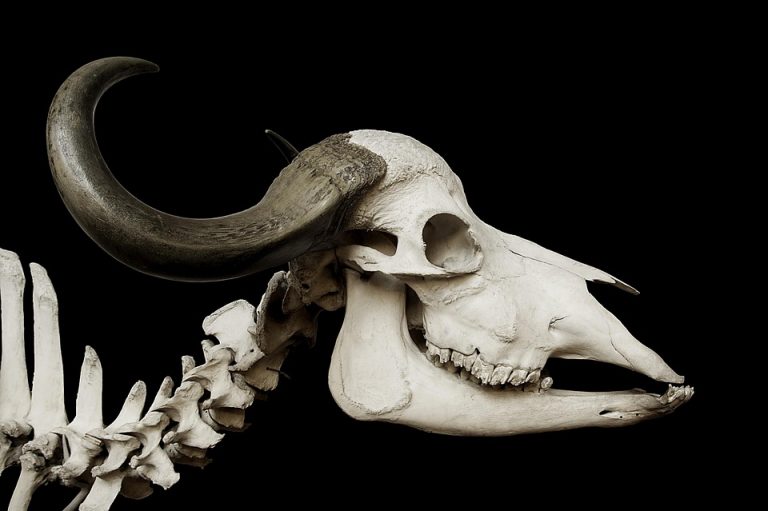Every vegan needs to know about 7 essential nutrients that are crucial for optimal health. Whether you’re just starting your plant-based journey or you’ve been living the vegan lifestyle for years, understanding these nutrients can make a world of difference in how you feel, function, and thrive.
Contents
Why Nutrients Matter
When you choose a vegan diet, you embrace a vibrant lifestyle filled with fruits, vegetables, grains, and legumes. But here’s the catch: you also need to be mindful about your nutrient intake. A well-planned vegan diet can be incredibly nourishing, but without the right nutrients, you might feel tired, sluggish, or even unwell. This isn’t just about avoiding animal products; it’s about powering your body with everything it needs to flourish.
The 7 Essential Nutrients
Let’s dive into the seven essential nutrients every vegan should pay attention to. They’ll help you feel your best and keep your body in peak condition.
1. Protein
Why It Matters: Protein is the building block of life. It repairs tissues, makes enzymes, and contributes to muscle health.
Where to Find It: You can get your protein from an array of plant sources. Think lentils, chickpeas, black beans, quinoa, tofu, tempeh, and even certain nuts and seeds.
Tips: Aim for a variety of these sources to ensure you’re getting all the essential amino acids your body needs. Pairing grains with legumes is a smart strategy for achieving a complete protein profile.
2. Vitamin B12
Why It Matters: Vital for nerve function and the creation of red blood cells, B12 is often cited as the most critical nutrient for vegans.
Where to Find It: Unfortunately, you won’t find B12 in plant foods, which is why supplementation is key. Look for fortified foods like plant milks, breakfast cereals, and nutritional yeast, or consider a B12 supplement.
Tips: Make it a habit to check labels on plant-based foods for B12 fortification. It’s a simple step that can have significant health benefits.
3. Iron
Why It Matters: Iron is crucial for oxygen transport in your blood. Low iron levels can lead to fatigue and decreased immunity.
Where to Find It: Plant sources include lentils, chickpeas, beans, tofu, cooked spinach, and fortified cereals.
Tips: Pair iron-rich foods with vitamin C sources, like citrus fruits or bell peppers, to enhance absorption.
4. Omega-3 Fatty Acids
Why It Matters: Essential for heart health, brain function, and reducing inflammation, omega-3s are often harder to come by in a vegan diet.
Where to Find It: Flaxseeds, chia seeds, walnuts, and algae-based supplements are excellent sources of plant-based omega-3s.
Tips: Incorporate these foods into your daily meals. A tablespoon of ground flaxseed in your smoothie or oatmeal can do wonders.
5. Calcium
Why It Matters: Crucial for bone health, calcium plays a role in muscle contraction and nerve signaling.
Where to Find It: Leafy greens like kale and collard greens, fortified plant milks, tofu, and almonds are great sources.
Tips: If you’re avoiding dairy, make sure you’re getting enough calcium-rich foods daily. Aim for a variety to keep your diet exciting.
6. Vitamin D
Why It Matters: This vitamin is essential for calcium absorption and has a significant role in immune function.
Where to Find It: Sunlight is your best friend for vitamin D, but if you’re not getting enough sun exposure, consider fortified foods or a supplement.
Tips: During winter months or if you live in a cloudy area, a daily vitamin D supplement may be necessary.
7. Zinc
Why It Matters: Zinc supports immune function, wound healing, and DNA synthesis.
Where to Find It: You can find zinc in legumes, seeds, nuts, whole grains, and fortified cereals.
Tips: Similar to iron, the absorption of zinc can be inhibited by phytates found in whole grains and legumes. Soaking, sprouting, or fermenting these foods can enhance absorption.
Putting It All Together
Now that you know about these essential nutrients, how do you ensure you’re getting enough of them? Here are some practical strategies:
Meal Planning: Create a weekly meal plan that includes a variety of foods rich in these nutrients.
Supplements: Don’t shy away from supplements, especially for B12 and possibly vitamin D.
Stay Informed: Regularly check in on your nutrient levels through blood tests, especially if you’re feeling off.
Listen to Your Body: If you notice signs of deficiency—like fatigue, hair loss, or mood swings—take it seriously. Adjust your diet or consult with a healthcare provider.
Bottom Line
Incorporating these 7 essential nutrients into your vegan diet isn’t just about avoiding deficiencies; it’s about thriving and feeling fabulous. When you nourish your body with the right foods, you empower yourself to live your best life.
Don’t hesitate to take charge of your health! You deserve to feel vibrant and energized. Start today by examining your meals and ensuring they’re packed with the nutrients your body craves.
Frequently Asked Questions
1. Can I get enough protein on a vegan diet?
Absolutely! There are countless plant-based protein sources available. Just be sure to include a variety in your diet.
2. How often should I take vitamin B12?
It’s generally recommended to take B12 supplements regularly, as your body can’t store it for long periods.
3. Are there any vegan sources of omega-3s?
Yes! Flaxseeds, chia seeds, and walnuts are great plant-based sources. You can also consider algae-based supplements.
Take charge of your health and embrace the vibrant life that comes with being vegan! You’ve got this.
Get Your FREE Natural Health Guide!
Subscribe now and receive our exclusive ebook packed with natural health tips, practical wellness advice, and easy lifestyle changes, delivered straight to your inbox.





